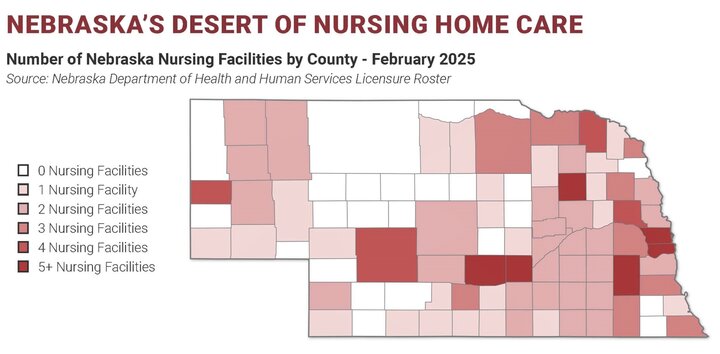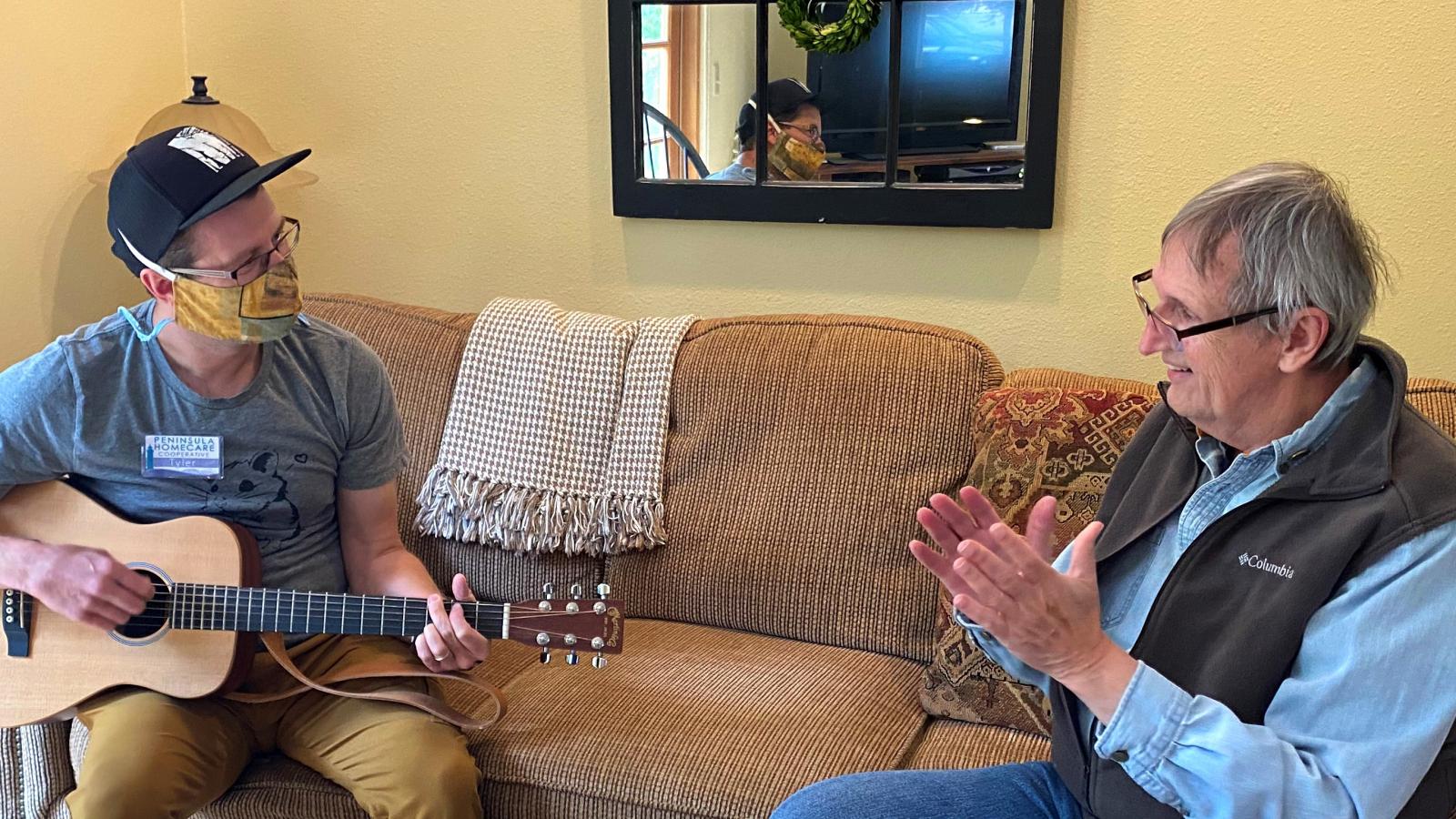Content
The Nebraska Cooperative Development Center, in partnership with the Northwest Cooperative Development Center of Washington state, has developed a six-week Homecare Worker Cooperative Academy designed to take caregivers through the cooperative development process. Interested caregivers across Nebraska are invited to participate.
Worker cooperatives, which traditionally have higher pay, higher employee retention and higher levels of worker satisfaction; can provide an employment alternative to homecare workers who want to have a say in how their homecare business is run. In a homecare cooperative, caregivers are the owners of the business and make decisions through a democratic process.
Why the Homecare Worker Cooperative Pilot
Aging America
• From 2016 to 2060, the population Americans 65 and older is projected to nearly double from 49.2 million to 94.7 million.
• The number of Americans 85 and older is projected to nearly triple from 6.4 million to 19 million.
• 10,000 Americans are retiring every day.
• For the first time in history, people over 65 will outnumber children under 5.
•16.4% of Nebraskans are over age 65.
•Nebraskans age 65+ outnumber those under 5 by 9%.
Source: US Census
Additionally, according to the Nebraska Healthcare Association, 16 Nebraska nursing homes have closed in the state in the past four years. As this graphic indicates, 24 Nebraska counties have no nursing home or assisted living facility.

These closures leave residents of rural Nebraska communities with few options for care in their community. This has led to communities, like Arapaho, Nebraska, to look at options to allow residents to age in place.
In 2021, the Arapahoe Good Samaritan Society care facility closed, leaving the community of 1,002 without an assisted living facility or nursing home. With 25.8% of residents over 65, Arapahoe community leaders reached out to state resources to find a community-based solution to allow residents to age in place.
Caregiver shortage
For residents to age in place, caregivers must be available in their community. Census data compiled by the Paraprofessional Healthcare Institute indicate that America is also experiencing a caregiver shortage:
- Currently there are about 3 million direct care workers and, by 2030, the industry will need approximately 5 million.
- Homecare workers are the fastest growing jobs in the country; the demand for these positions is expected to increase by 70% in the next 20 years.
- Low wages, in 2021 the average wage for a homecare worker was $14.09 with few benefits, make recruiting difficult.
- The homecare industry has an ageing workforce with a median age of 48. In 2021, 57% of homecare workers were over 45, with 12% over 65.
- The industry experiences a persistently high turnover rates of close to 75%.
Source: PHI (formally the Paraprofessional Healthcare Institute)
What is a Homecare Worker Cooperative?
- A private business that is owned and operated by the people who work for the business.
- A worker co-op is owned democratically by its members - each member owns one share of the business.
- Member-owners set the wages, benefits and policies.
- Members have a say in how the business is managed.
- Members have a greater influence on the quality of care.
- Profits go back to the workers.
For more information, contact:
Cindy Houlden, Cooperative Development Specialist, choulden2@unl.edu
Downloadable Homecare Worker Cooperative Fact Sheet
